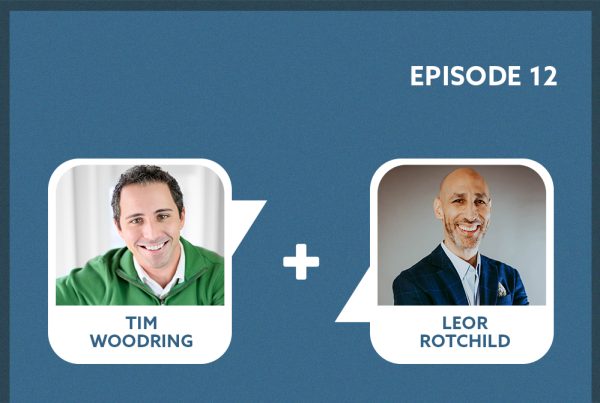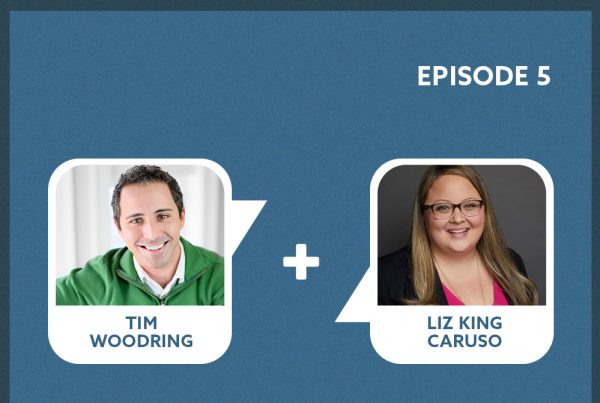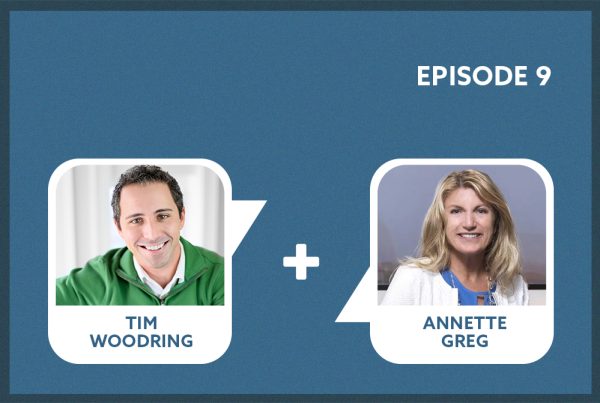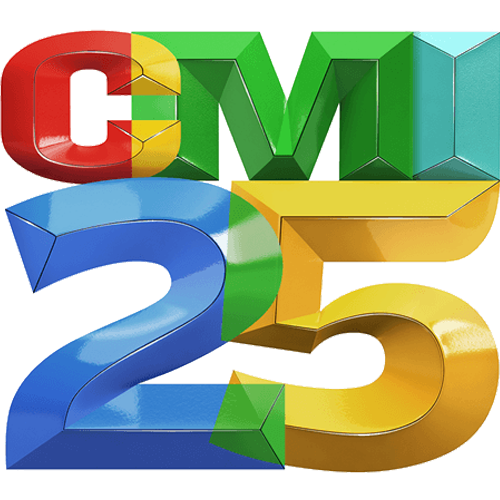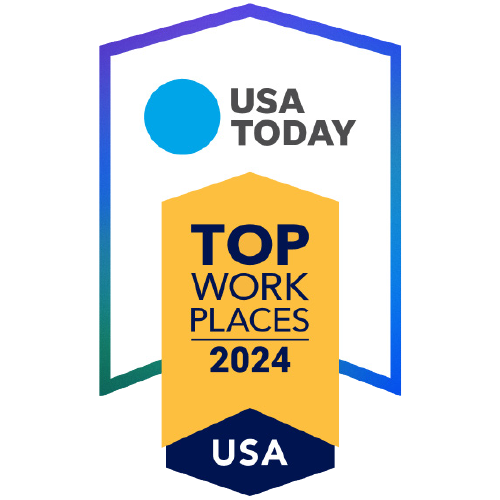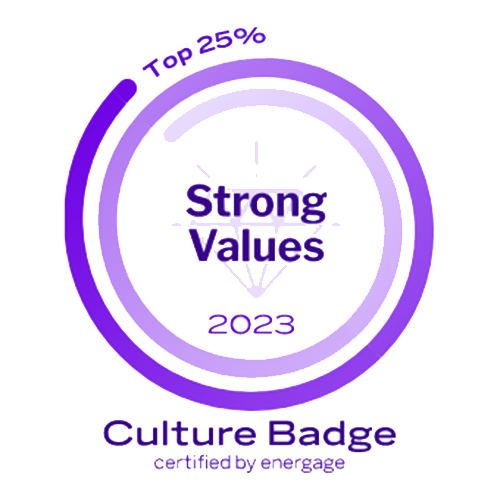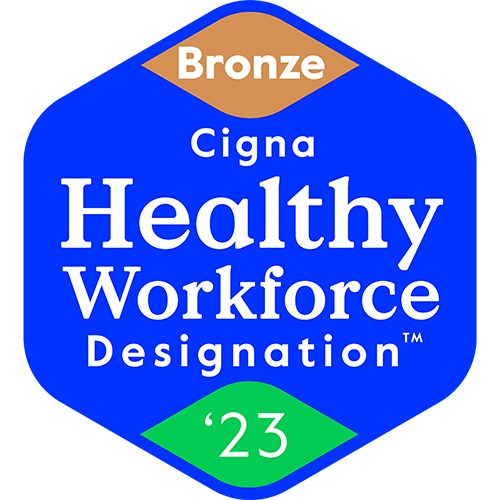Podcast: Play in new window | Download (Duration: 54:29 — 74.8MB)
Subscribe: Apple Podcasts | Spotify | RSS | More
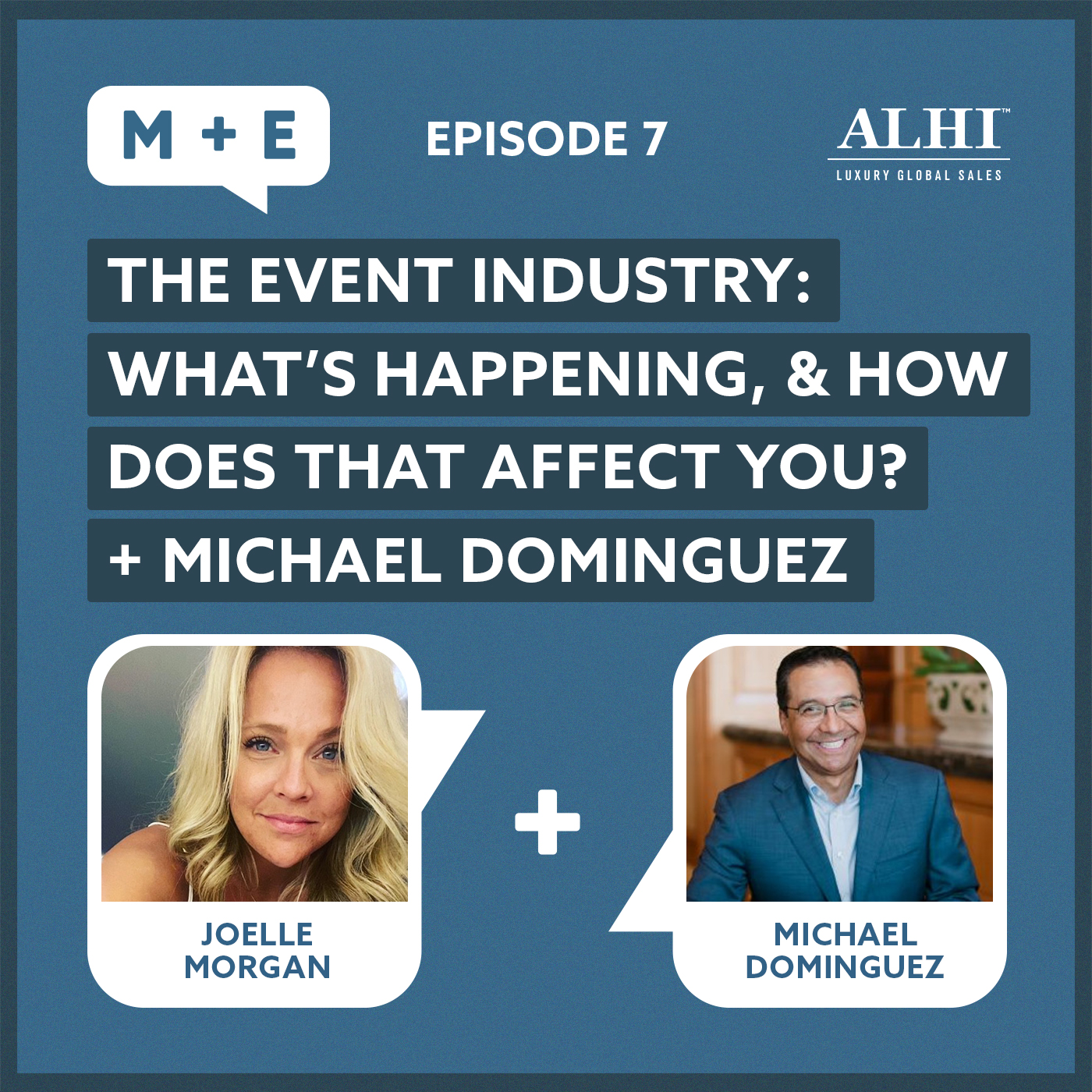
Our host Joelle Morgan, VP of Event Strategy at Unbridled Solutions, joins Michael Dominguez, President & CEO of ALHI, to discuss the state of the events industry. Where is the trend of events going from here, what trends are emerging, as well as what it means to reach a “mature audience.”



